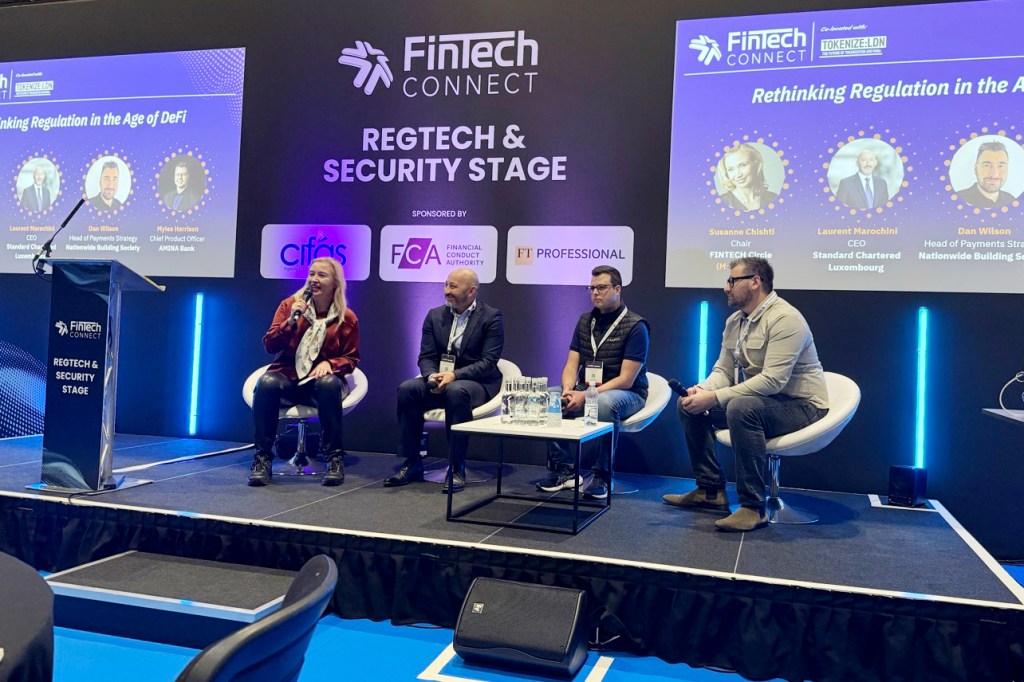Elle Todd, London-based partner at the global law firm, Reed Smith, is widely recognised as a leading practitioner in digital and data law, and has been working in data and tech law for nearly 20 years. Her clients range from the biggest international household names to disrupters and tech entrepreneurs.
How
Register for free to keep reading.
To continue reading this article and unlock full access to GRIP, register now. You’ll enjoy free access to all content until our subscription service launches in early 2026.
- Unlimited access to industry insights
- Stay on top of key rules and regulatory changes with our Rules Navigator
- Ad-free experience with no distractions
- Regular podcasts from trusted external experts
- Fresh compliance and regulatory content every day












